Voyagers takes an initially intriguing sci-fi premise down a predictable path with no surprises. What begins as a thoughtful exploration of human nature devolves into Generation Z’s Lord of the Flies in space. While most of the primary characters are one-note with little depth, a solid lead performance from Tye Sheridan adds the needed gravitas to stave off absurdity. His ability to bring a realistic demeanor to fantastical situations serves the film well; but not enough to overcome several glaring plot holes and an obvious final act.
In 2063, humanity discovers a habitable planet in distant space. Earth will not recover from climate change, overpopulation, and pollution. A decision is made to send a ship to prepare the planet for colonization. The near hundred year voyage will need multiple generations to complete the mission. Embryos are genetically engineered using the best minds available. The resulting children are raised in isolation as a group. Dr. Richard Alling (Colin Farrell) asks to accompany the children as they embark on the journey.
Years later in space, the crew has matured to teenagers. Christopher (Tye Sheridan) and Zac (Fionn Whitehead) start to have questions about the mission. Richard alleviates their concerns, but notices the changes in behavior. When the boys start deviating from protocols, the opposite sex becomes noticeable. Christopher and Zac now see Sela (Lily-Rose Melody Depp) in a different light. The young crew is forced to take control of the ship after a mysterious accident. Their newfound freedom and authority leaves all inhibitions unchecked.
Voyagers had an opportunity to be daring. The premise establishes a petri dish of closed society where all facets of human behavior is allowed to bloom. Sex and aggression lurches to the forefront as unbridled carnality runs amok. It’s a frat party in space as the bad boys become violent alpha males with no moral compass. The Lord of the Flies analogy is fitting. The problem is that we’ve seen this all before ad nauseam. The character interactions play out exactly as expected. Writer/director Neil Burger (Limitless, Divergent) succumbs to formula when he could have been bold.
Two issues perplexed me utterly throughout the film. First is Neil Burger’s use of cutaway shots. In the first act, he inserts random titillating images when the male characters become aroused. Then he abandons this style choice completely for the remainder of the runtime. It’s as if Burger had a cinematic change of heart, which ends up looking awkward and disjointed on screen. There’s a primary setting of a sterile, long white corridor in the ship. In Star Trek, they cleverly angle filming so it looks like the characters are walking around a larger environment. In Voyagers, it seems like the characters are just running up and down the same set. It makes the ship boring. That’s a critical flaw in space based science fiction.
Tye Sheridan excels in visual effects heavy films. He does a good job of conveying emotions without dialogue. Sheridan elevates Voyagers script by showcasing complexity when it’s not spoken. The film needed much more nuance and character development to be successful. Voyagers is a production of Thunder Road Films and AGC Studios. It will be released theatrically on April 9th by Lionsgate.
The views and opinions expressed in this article are those of the author and do not necessarily reflect the official policy or position of Movieweb.
You can view the original article HERE.






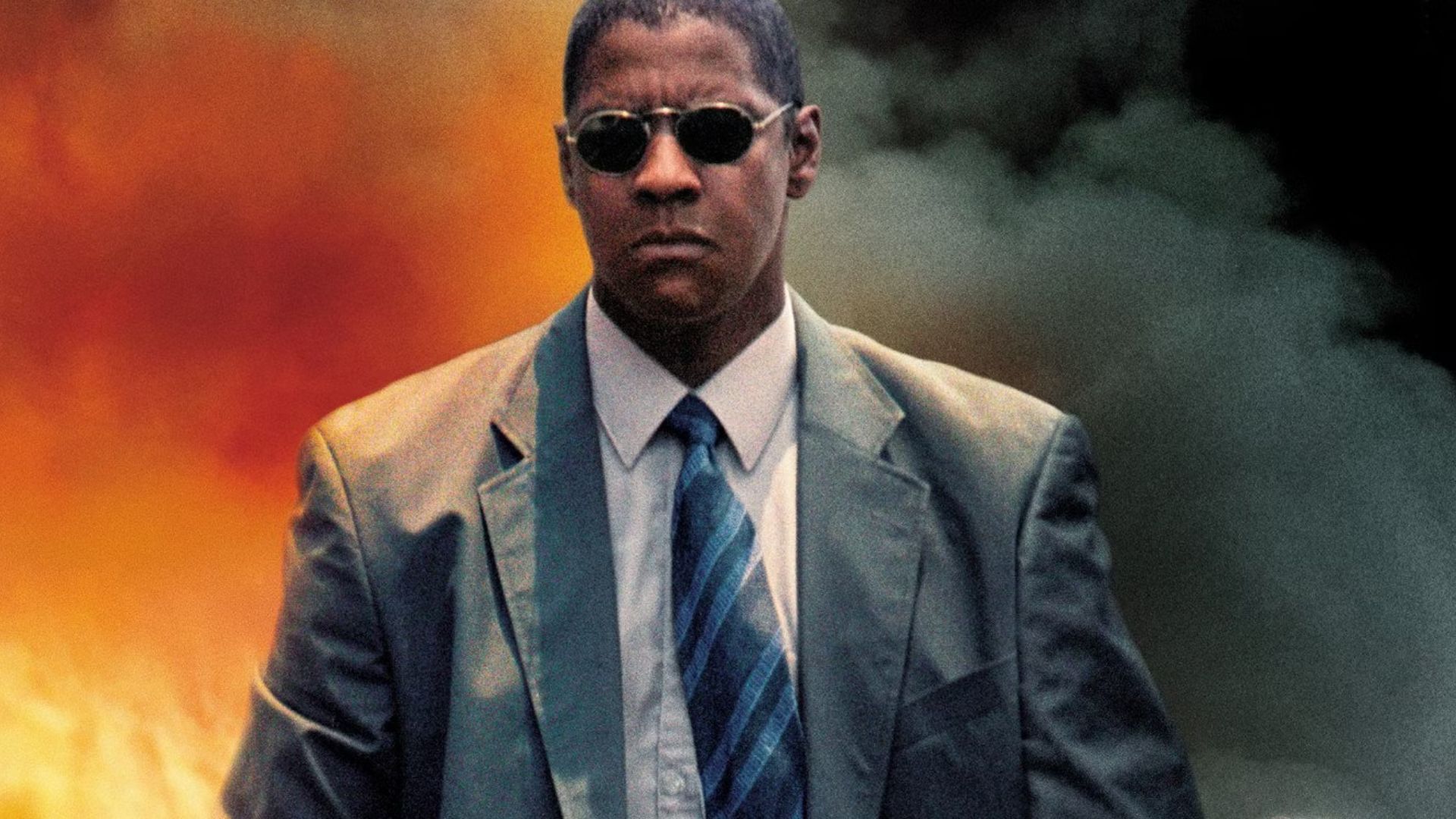
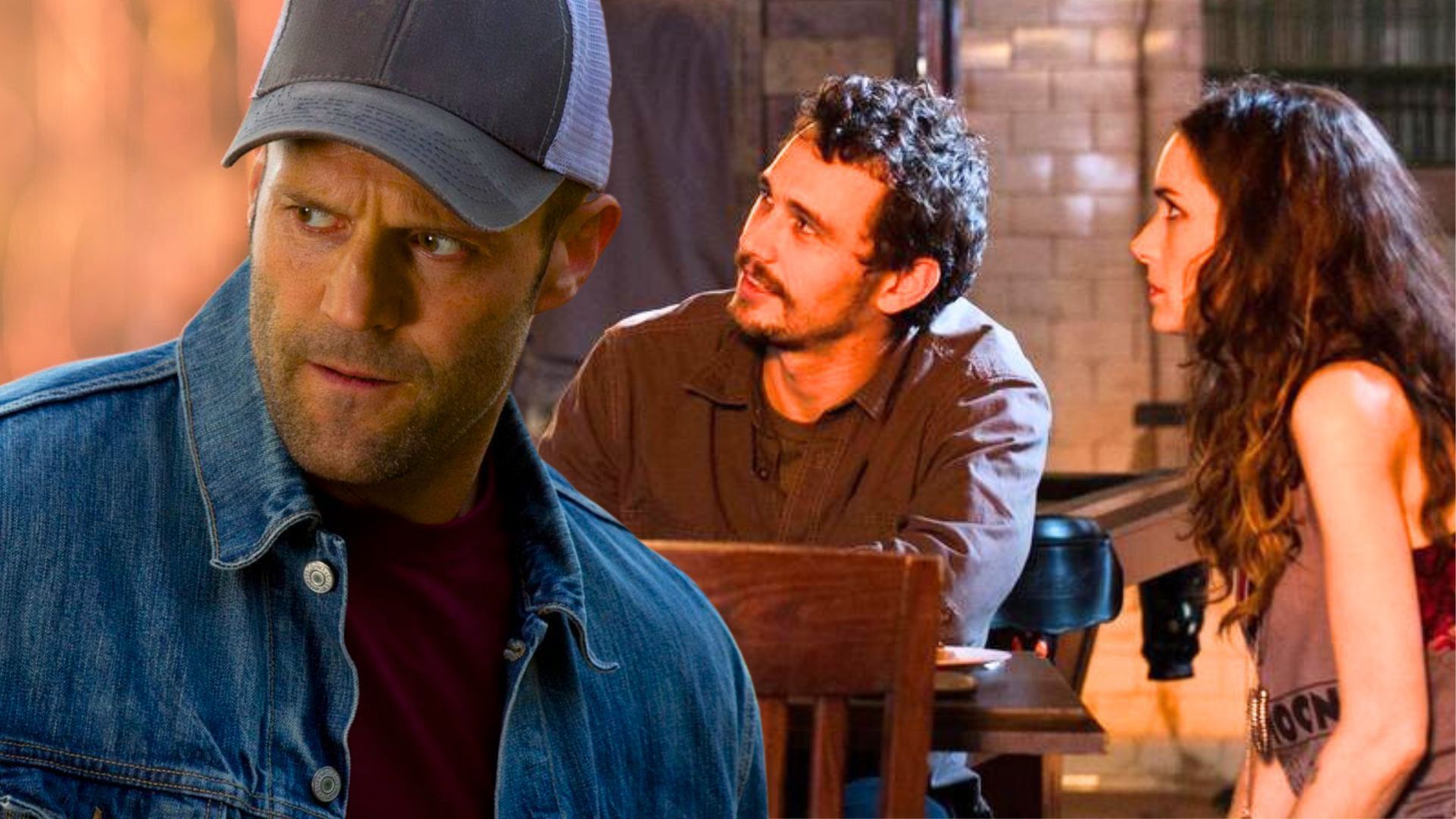


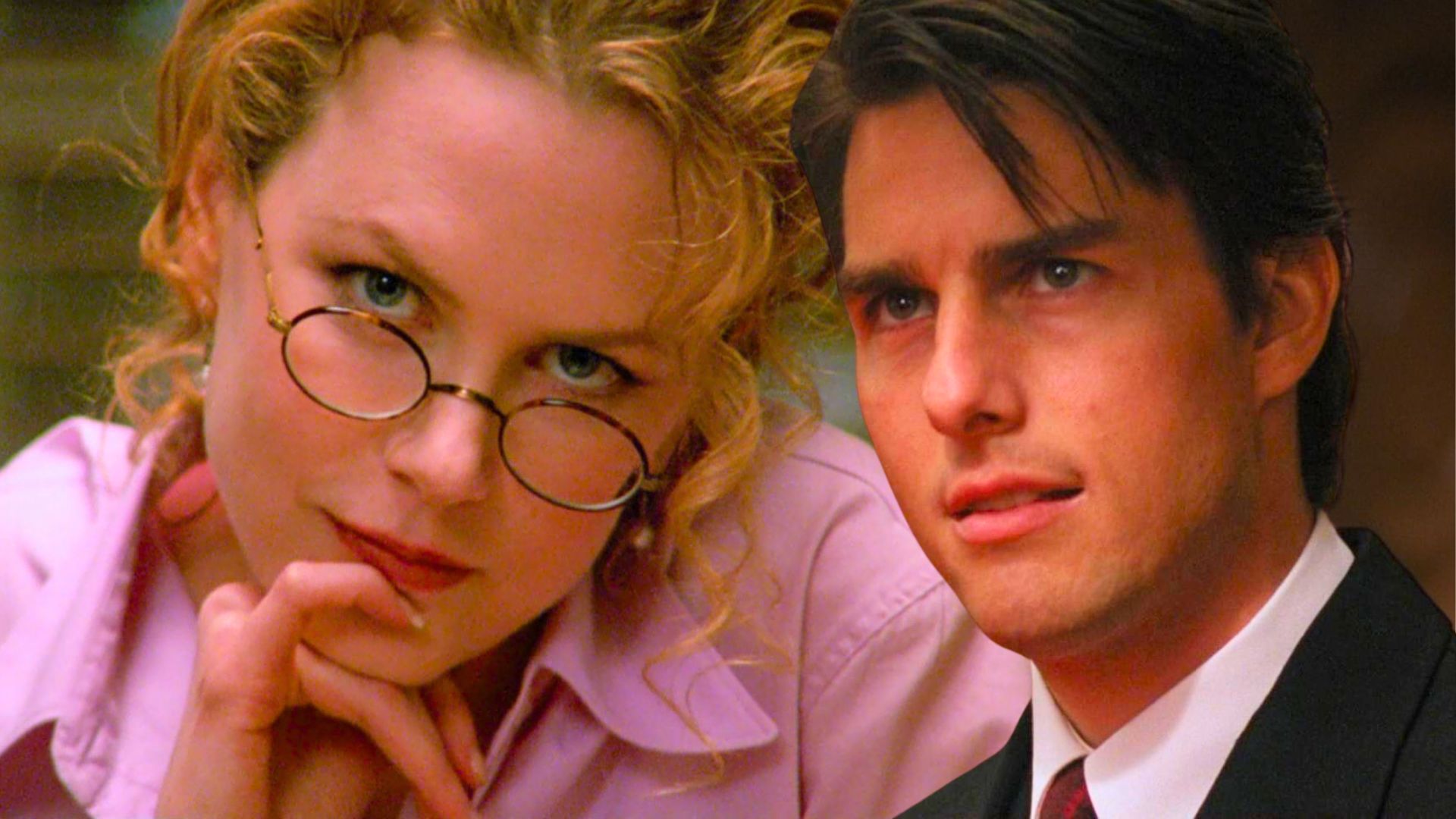
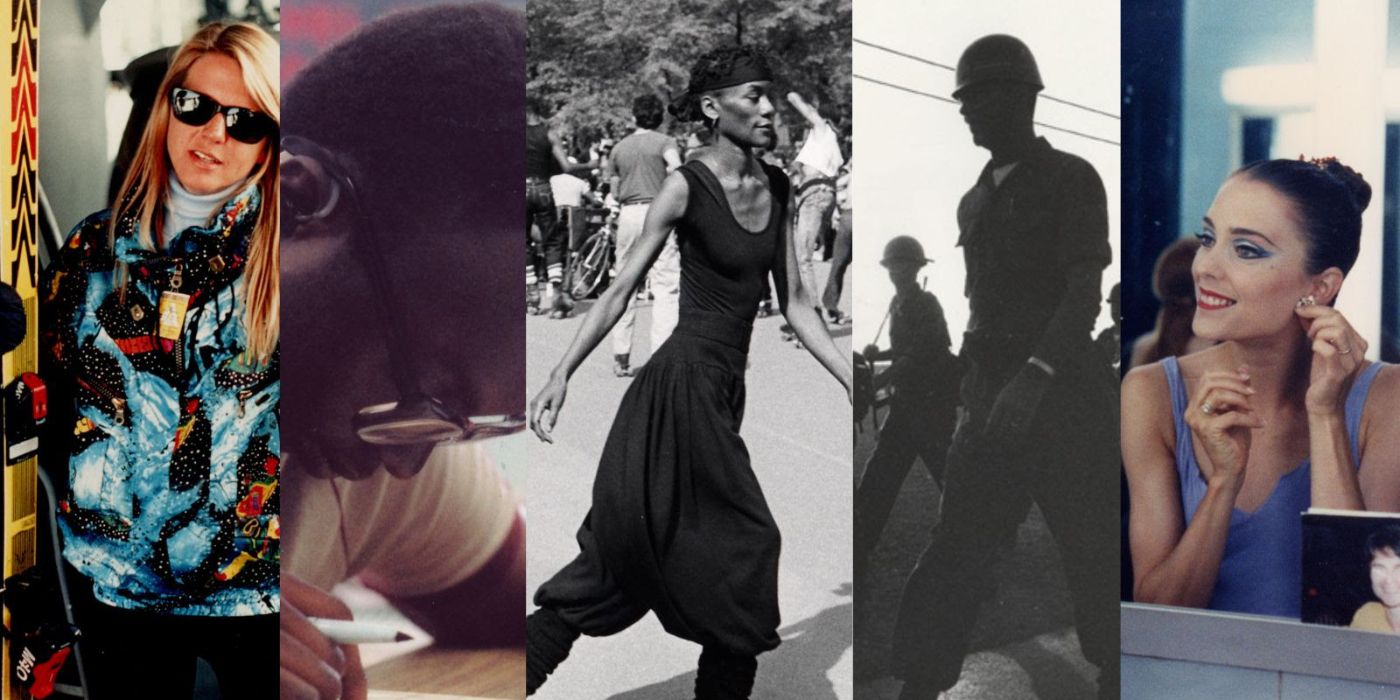





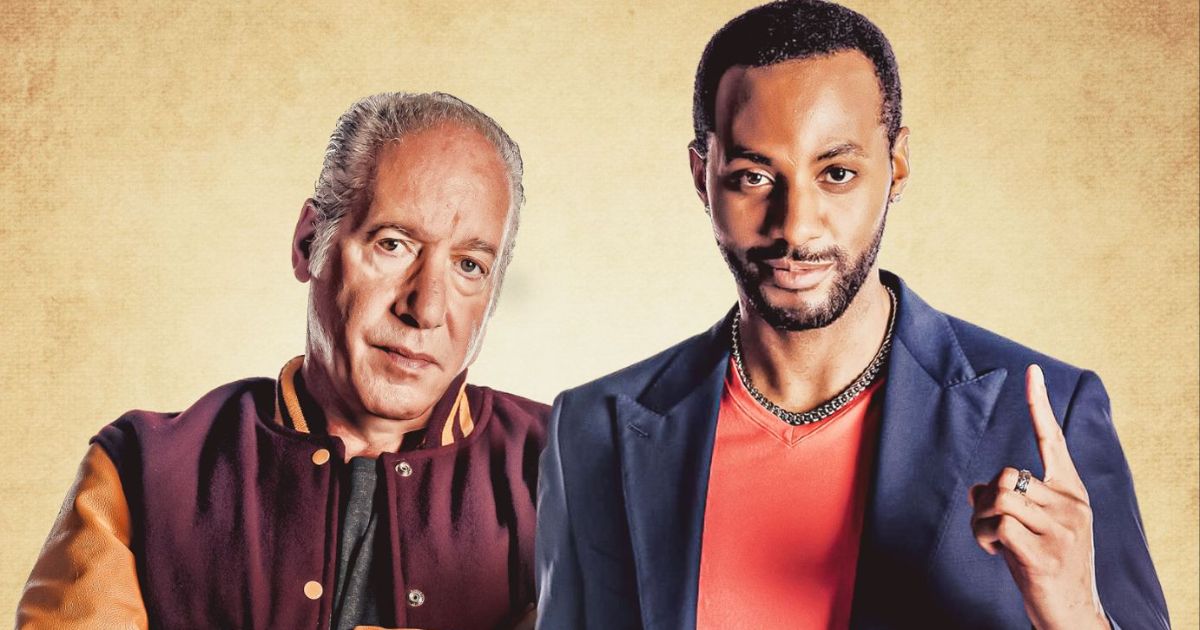










:quality(85):upscale()/2024/12/20/830/n/1922564/5c67fdcd6765bdc5795da2.94470909_.jpg)


